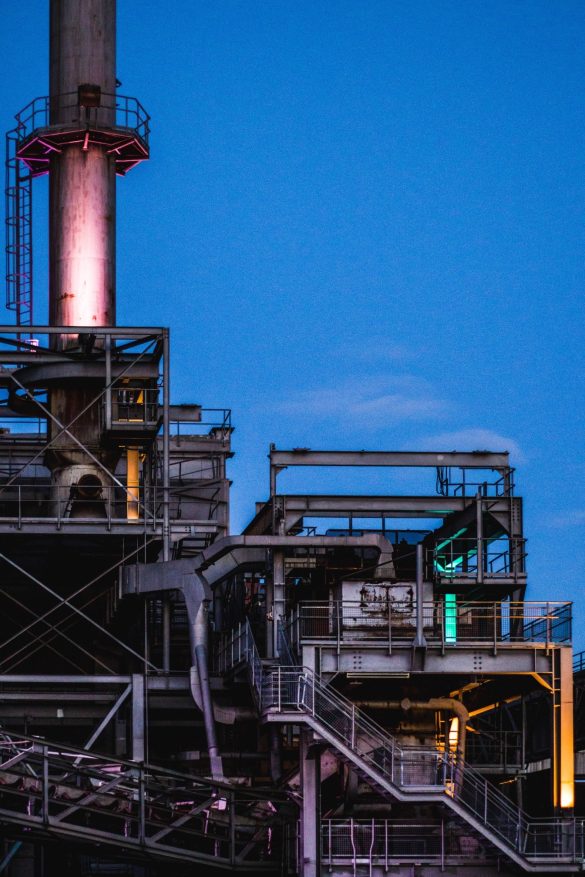On Thursday, a company representative confirmed that a setback at Chevron’s famous Wheatstone facility in Australia affected about 25% of its liquefied natural gas (LNG) output. Meanwhile, the employees are gearing up to escalate their strike actions.
While the spokesperson affirmed the initiation of restart operations and clarified that the domestic gas infrastructure remained intact, the root of the fault, especially its potential connection with the ongoing strikes, remains nebulous.
Reuters reported that tensions have escalated at Wheatstone and Chevron’s auxiliary LNG site, Gorgon. The previous week saw failed negotiations over wages and working conditions between the corporation and unions, leading to industrial action. These disturbances heighten concerns over potential production hitches, given that these sites contribute 5% of the global LNG supply.
Addressing the situation, a union representative disclosed that workers are contemplating amplifying their actions. This could range from complete strikes to intermittent work halts, with strategy re-evaluations scheduled every 12 hours.
Analysts at EnergyQuest approximate the potential financial implications for Chevron and its associates due to the strikes, pinning them at A$76 million ($49 million) daily. However, they also indicated that not all of this amount might be at risk as specific shipments could be postponed.
The union’s spokesperson highlighted that domestic supply chains should remain unscathed despite sporadic strikes.
Chevron remains committed to protecting its operations from potential disruptions and has not disclosed specific details.
Australia’s preeminent position as the top LNG exporter, primarily catering to Asian markets, underscores the broader ramifications of these disruptions. Market pundits foresee possible supply reductions, inciting Asian clients to compete with their European counterparts for shipments. This could stimulate unpredictability in European gas market prices. Indeed, Dutch and British gas market values observed minor upsurges in anticipation of the strike.
Chevron is pioneering a novel legal approach as part of its strategy to thwart prolonged industrial disputes. The corporation has approached Australia’s esteemed industrial arbiter, the Fair Work Commission, seeking a declaration of “intractable bargaining.” Should this be approved, it would effectively terminate the ongoing strikes, entrusting the tribunal with the responsibility of drafting an accord.
The Commission will hold its first hearing on this application on September 22, and we can expect a decision soon after.
In its analytical note, renowned financial entity Goldman Sachs propounded that sustained strikes could usher supply uncertainties. Nevertheless, the odds of protracted outages, potent enough to ignite extensive gas price surges, are minimal.
Goldman Sachs analysts argue that significant revenue setbacks for Chevron and anticipated regulatory interventions are vital factors to consider.



